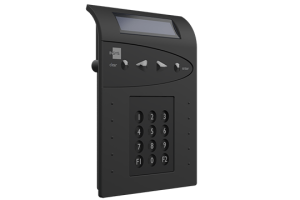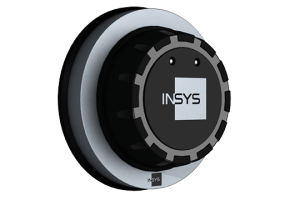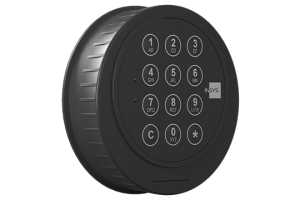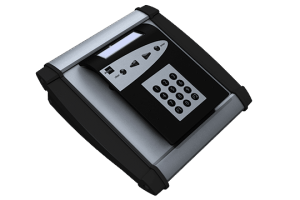The biggest concerns in the retail sector are the large amounts of cash it has to deal with. As a rule, these are less protected than those of banks. The aim is therefore to transfer the takings from the shop to a cash-in-transit provider (CIT) as quickly as possible. The checkout staff regularly place cash in safebags (security bags with a tamper-proof seal) in a safe, and open or close it directly using the relevant lock system.
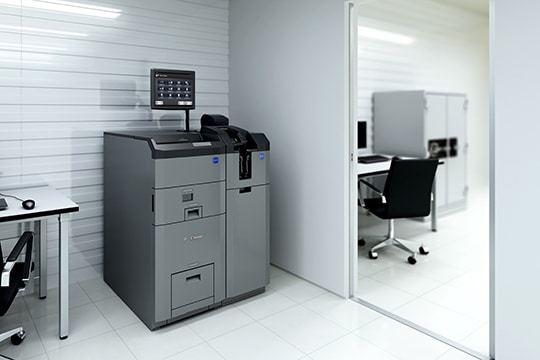
Cash recyclers offer an alternative. Such machines make it possible to deposit and withdraw cash similar to a bank’s cashpoint – but on site at the shop. The safebags are deposited in the machine via an opening in the machine.
With this solution, the safe doesn’t need to be opened by the staff. Nevertheless, it is sometimes necessary, for example for checking purposes, to access the stored cash via the lock system together with an additional employee and the CIT provider. In addition to shop staff, CIT employees also operate the lock system on their own to pick up the safebags.
Complex requirements have to be met here, as each retail group defines its own processes, which must be individually reflected in the lock system. This begins with the question of how access for internal employees is structured, and ends with the decision as to whether a principle of dual control should apply to the CIT provider. With the latter process, access to cash is only possible together with a representative of the shop. In order to cover all requirements, close coordination with the manufacturers of the safes and the recycler equipment is necessary. These companies can only accept locking solutions which are really secure, because they are liable for part of the process. Lock systems from INSYS locks enjoy the trust of the industry on a wide scale.
Employee management
Due to the large number of employees and the usually high fluctuation rate, another focus is on making all processes transparent from the point of view of the company. It must be possible to track at all times who has done what, and it must be ensured that only authorised employees have valid access data.
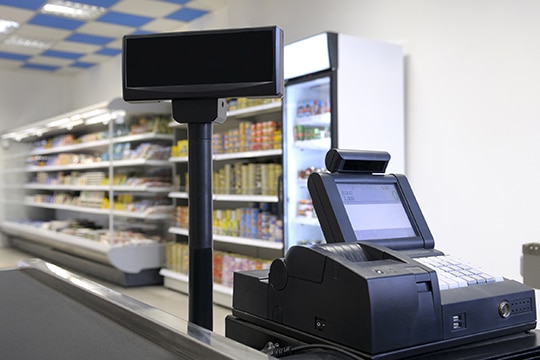
Individual customers in this sector are therefore already consciously opting for biometric solutions. If the safe is also opened by a fingerprint scan, there is usually no longer any doubt as to who was responsible.
Networking the locks also enables remote configuration, for example by the central IT department. This means that the access authorisations of departing employees can be deleted immediately without the need for an on-site service technician.
Due to the long opening hours, a security solution for the retail trade not only requires general authorisations, but also flexible adaptation to shift times. For example, access to the safe can also be transferred with the shift change. For INSYS locks such adaptations in the software applications are not unusual – here the customer’s processes have the highest priority.
OTC management
In some cases the generation of one-time codes (OTCs) in this industry is the responsibility of the retailer – not the cash-in-transit provider.

OTCs are usually managed by the retail company itself, often in central departments. This allows companies to keep this process completely in their own hands and to act very flexibly, for example to work with different CIT providers in different regions or to be able to change the CIT provider quickly.
Another option is outsourcing to an external service provider. This creates an additional level of legal certainty: the retailer itself is entitled to request OTCs, but their management and documentation also lies with an independent third party, so that in the event of a legal dispute there is no suspicion of manipulation.

